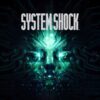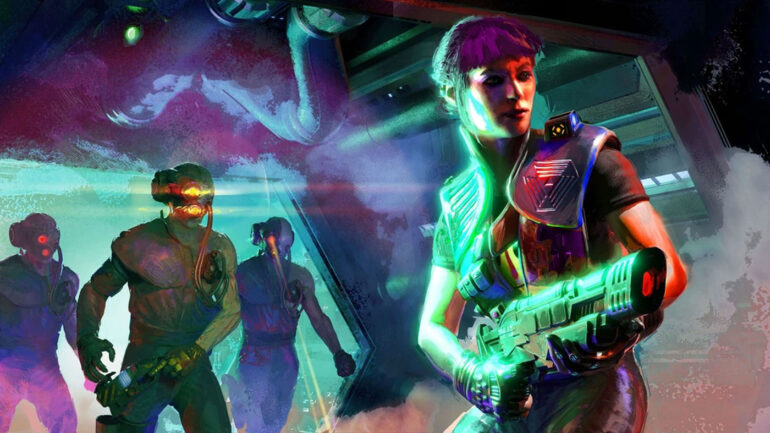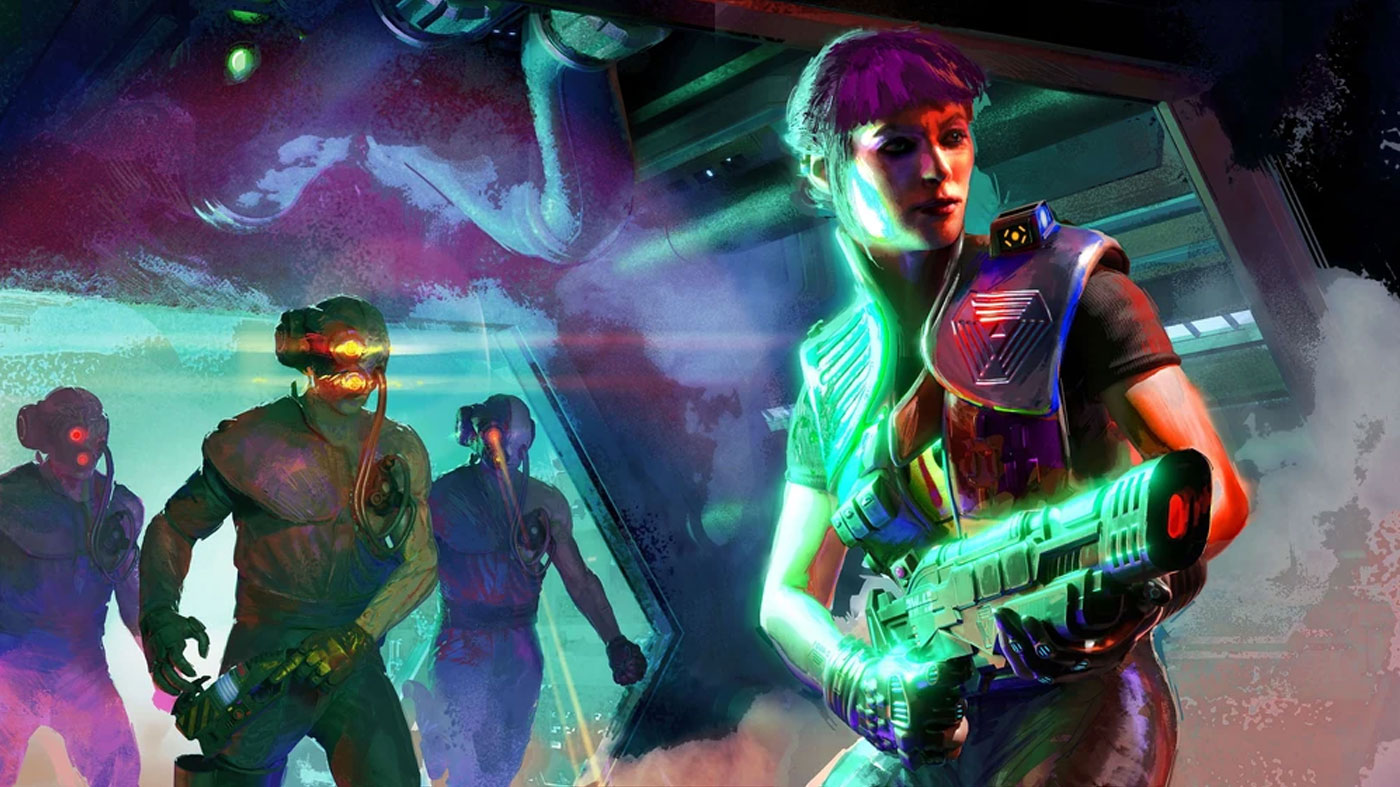Press Start may receive a commission when you buy from links on our site at no extra cost to you.
Influencing many games that came after it, including the now-legendary BioShock, it’s hard to argue against just how influential System Shock was. Despite this, I’ve always found it inaccessible. Not physically – there were always ways, both legal and not, to play the game. But even if I did, the game was riddled with game design choices that were only acceptable in the era it was first released. Now, Nightdive has above and beyond their usual remaster efforts with a full-blown remake.
While the remake made its debut last year on PC, its console release has now been a year old, and while there are some improvements, it’s still an authentic-as-hell remake—for better or for worse.
The game’s story remains essentially the same. You play as a hacker whisked away to a space station called The Citadel. It’s a rich sci-fi tapestry that is the perfect backdrop for an adventure like this. While onboard, some story-related beats transpire, and you awaken on the space station six months later. But something has changed – the robotics are all reprogrammed to kill, and the remaining humans have been mutated by an unknown virus being researched at the station. To make matters worse, a megalomaniac AI called SHODAN has spearheaded the whole operation and will do everything in its power to stop you from escaping.
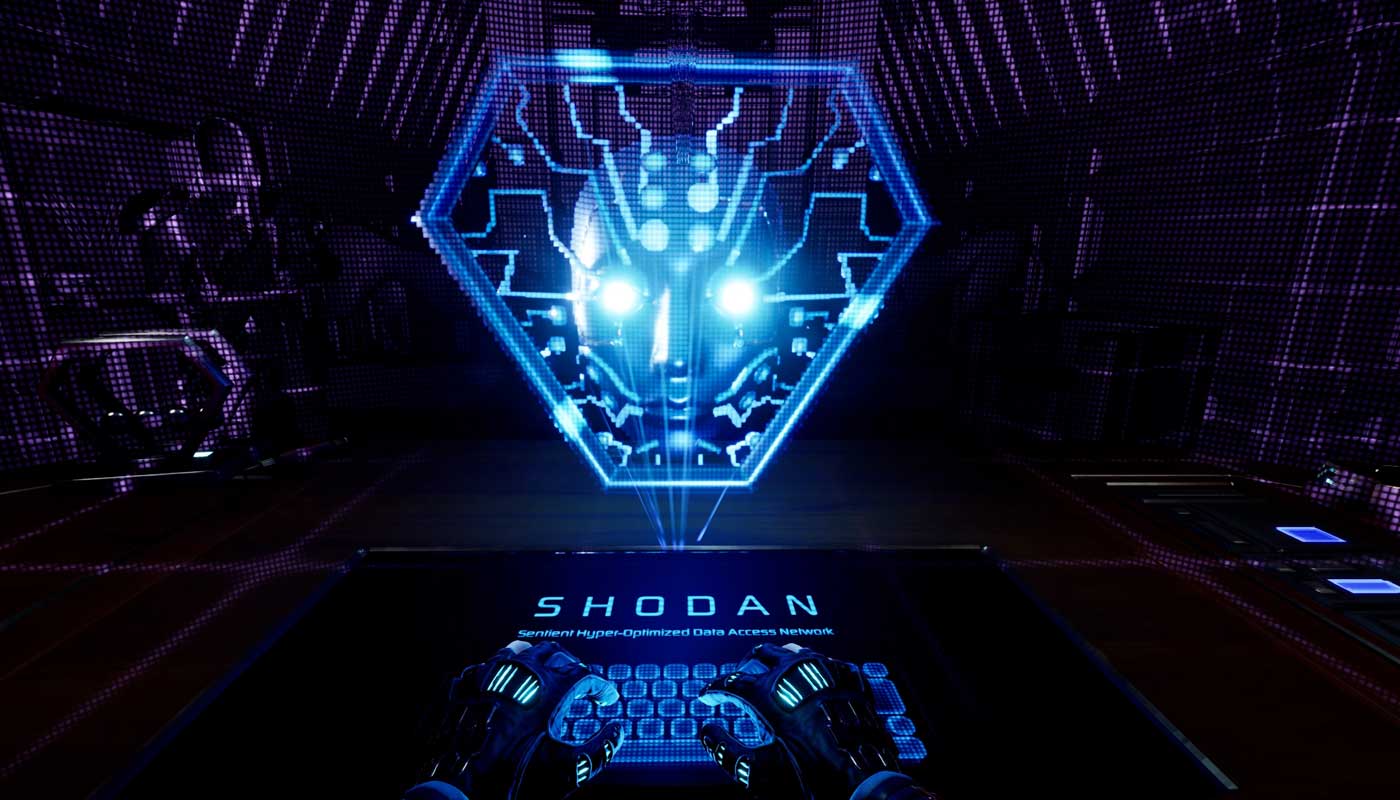
The story’s plot is tried and true, no doubt similar to something you’ve played, watched or read before. But how it’s presented feels unique and, at the time especially, was something you could only experience in a video game. The crux of the story is told through audio logs strewn throughout the station, as well as radio chatter from survivors, and some of it is optional and can be missed if you don’t explore enough. It makes exploration rewarding, finding another piece of the puzzle to slot into place, but it’s a less direct approach to storytelling that not all will appreciate.
In fact, that’s a resounding theme throughout System Shock today. It’s not quite a game that everyone will be able to appreciate, even if its influences are far and wide. The remake is similar to the original formula in that regard, happy with throwing you into The Citadel to solve most problems and let you uncover the mystery on your own. It’s a far cry from today’s waypoint-laden design style, but it also gives players great space to explore The Citadel at a pace that works for them.

For those who want a more modern experience, there are a slew of difficulty modifiers that will change up the experience to better suit your style. Waypoints can be optionally toggled on or off. The number of enemies and how much damage they do can be adjusted either way to your liking. There are even options to independently adjust the difficulty of puzzles if you so wish.
They’re small changes that will significantly impact how the game flows and will no doubt assist many players in experiencing everything that makes System Shock special without the friction of thirty-year-old game design getting in the way. If it means more people get into the series, I’m all for it. Of course, the original experience is still there if you choose the right combination of difficulty modifiers. It’s a win for all, really.
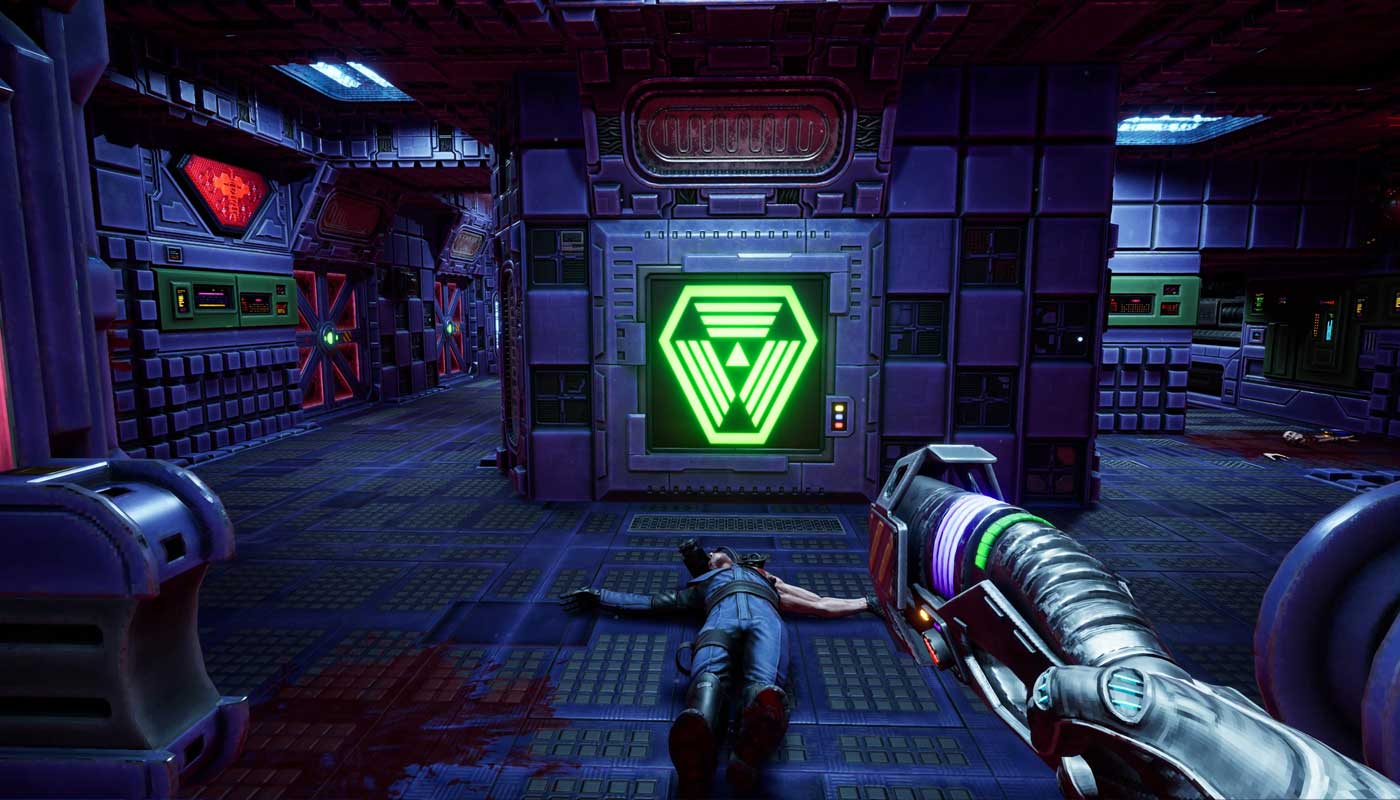
The console update brings with it a few changes, both minor and major. A minor but appreciated change is to switch up the gender of the hacker you play as. It’s a welcome addition, given how little their identity plays into the plot. The significant changes are broader reaching and ironically borrow one aspect BioShock games have always struggled with – the final boss and ending were incredibly anticlimactic. With the console update, that’s been fixed here in System Shock, though I’m not sure the final result will please everyone. But I personally found it to be a step in the right direction.
But if this is your first time playing this remake, this is the best way to do it, even if some of the issues persist. Coincidentally, many of my problems with the remake correspond directly with Brodie’s (always) scintillating and penetrative insights, so I recommend reading his review from last year. And while I adore System Shock for its influence on some of my favourite games, the age of the game is starting to show in some areas, especially the combat and the tedious death animations that play out for a little too long between lives.
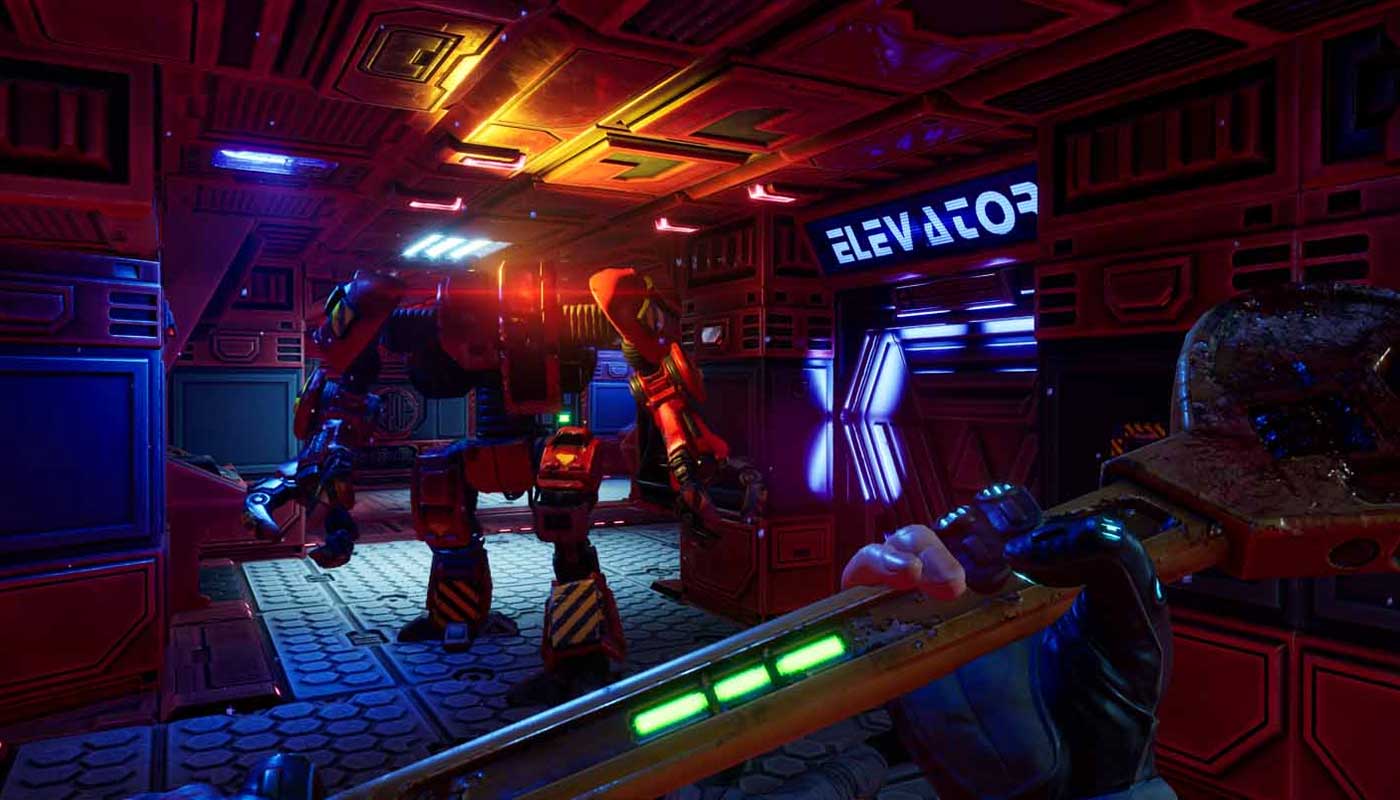
I’ve mentioned previously that System Shock is less inclined to hold players’ hands, and that’s especially obvious with the progression. Progression isn’t tied to abilities like other Metroid-esque games but rather with items like keycards and activities you pull off in cyberspace. A psychedelic and deliciously cyberpunk-laden touch, breaking new ground in a physical representation of cyberspace is a joy. At least in the original game, these cyberspace sections were obtuse and unruly, so it’s appreciated that they’ve been touched up in the remake with a distinctly psychedelic and cyberpunk feel.
But of course, System Shock is a remake, so it goes without saying that the visual overhaul the game has received is nothing short of immaculate. It’s seriously impressive how much of a step up from the original game it is, but at the same time, it pays such a strong tribute to the style of the pixelated original. While more modern trimmings like atmospheric lighting and moody fog effects are used to bring The Citadel to life, the texture work here makes System Shock look unique. At a distance, the game looks modern, but up close, it is pixelated, almost like voxels, to create this new-but-old look. It’s a clever way to simultaneously make a game look old and new, and the extent to which it’s used here is unlike anything I’ve seen before.
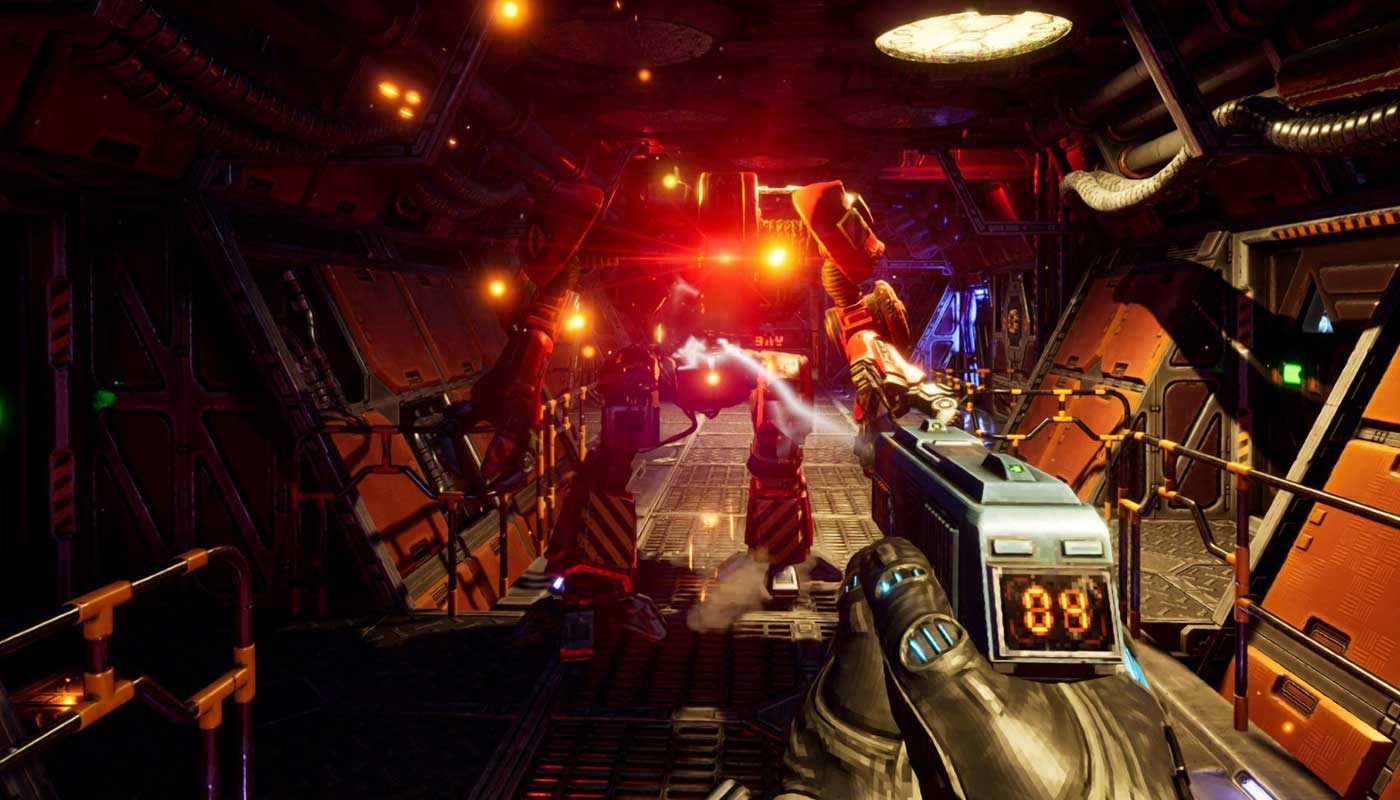
On the same note, the music and voice work are top-notch. While the original music is painful to listen to, the new soundtrack is eerie, oppressive and ominous. It perfectly encapsulates what the System Shock experience should be. On a similar note, Terri Brosius, who has voiced SHODAN in all games so far, returned to record new lines for the menacing AI and is as sinister as ever. It’s easy to see why she’s so revered as an antagonist with such a powerhouse voice artist behind her.
And that’s the thing about System Shock. It’s everything a remake should be – true to the spirit of the original especially. But despite some earnest improvements in some areas, there’s no changing some of the unavoidable friction that comes with bringing a thirty-year-old game back.

